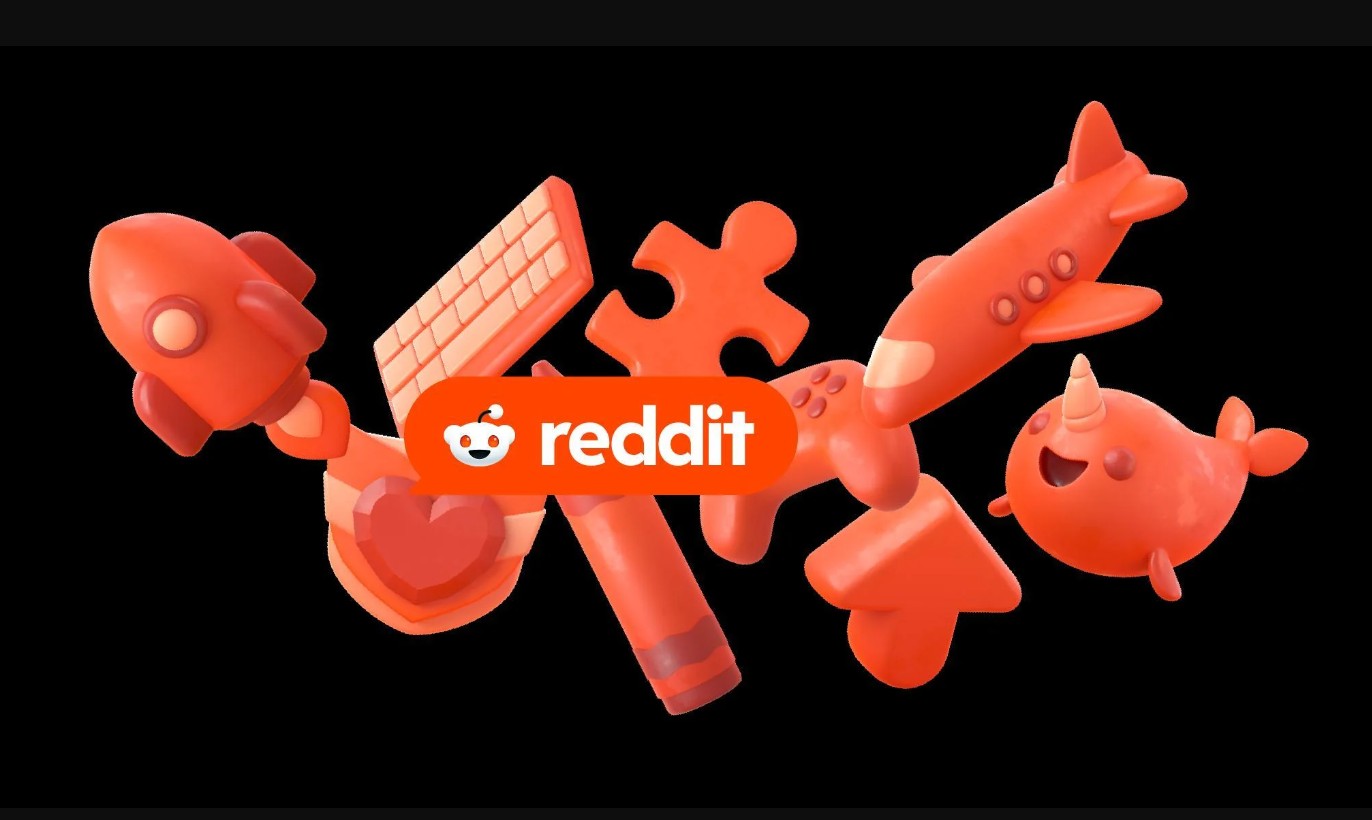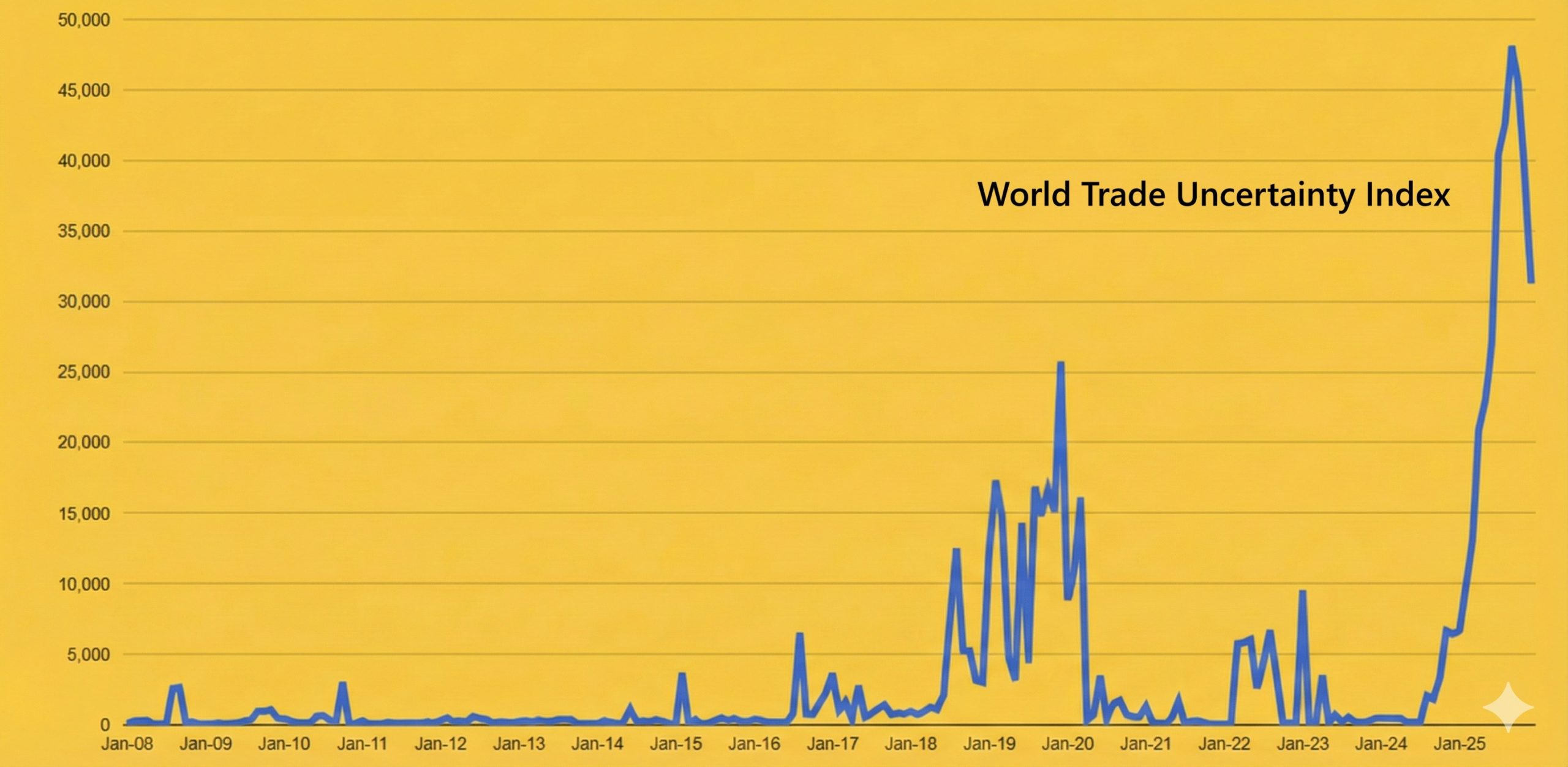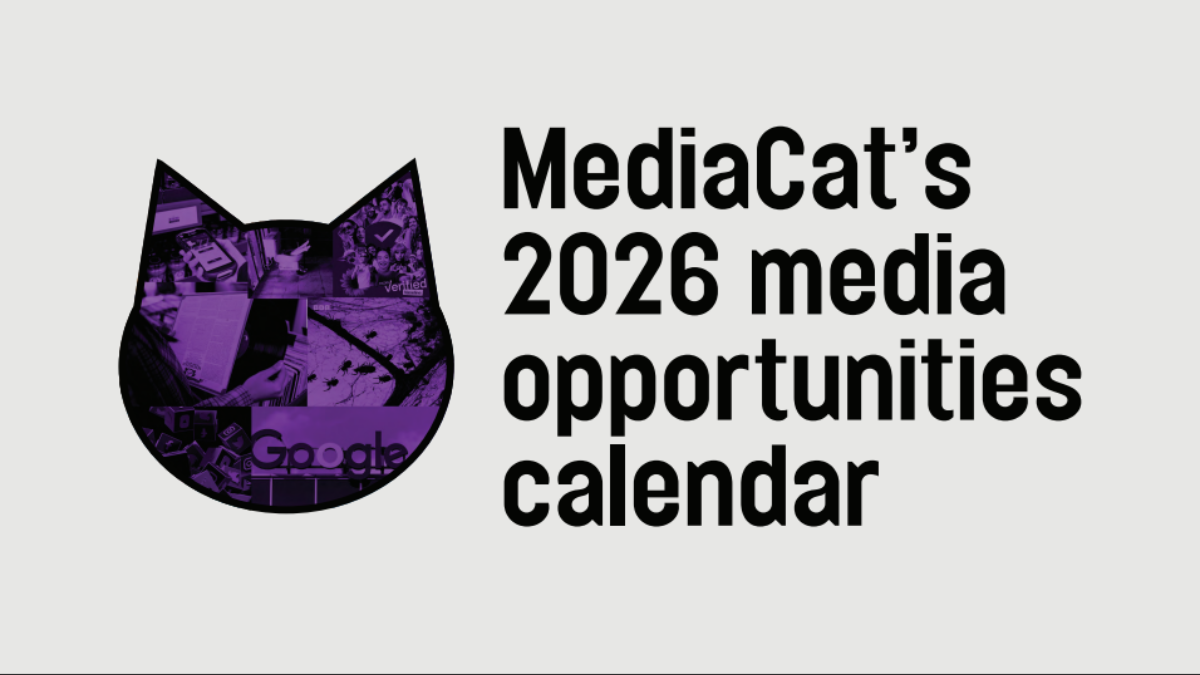Omnicom posted steady Q2 2025 results this week, reporting 3% organic growth* and $4bn in revenue, in line with expectations.
But beneath the headline figures (and the inevitable talk of AI, mergers and tariffs), one detail stood out: a subtle confirmation of principal-based media as a core contributor to the group’s quarterly revenue.
During the earnings call, which took place on 9 July, CFO Phil Angelastro noted a sharp rise in ‘third-party service costs’ tied to Omnicom’s Media and Advertising discipline. That may sound irrelevant, but the official report clarifies that these include ‘third-party supplier costs when we act as principal in providing services to our clients.’
Omnicom doesn’t break out principal revenue explicitly, but the signs point to a significant jump in the second quarter. Third-party service costs rose $107.3 million (13.2%) to $918.4 million, driven ‘primarily by organic growth in our Media & Advertising and Precision Marketing disciplines,’ according to the filing.
With Media & Advertising showing the strongest growth of any division (8.2%), while others like Public Relations and Healthcare declined, it’s a fair assumption that principal trading was a key contributor to the bottom line.
JPMorgan’s David Karnovsky brought the issue into the open during the Q&A, questioning the sustainability of ‘continued strong contribution from principal trading.’ CEO John Wren didn’t blink. ‘It’s a product we have. It’s a product we’ve had for a long time. It’s a product that continues to grow,’ he said, adding that the offering is client-approved and margin-positive.
‘We plan with them, and then we execute against it. And the client gets a better deal, and we get incremental revenue with an incremental margin.’
Principal-based media allows Omnicom to buy inventory outright, resell it to clients and capture the markup.
It’s a practice long embedded in the industry but less often discussed by executives, and it remains controversial. Critics cite conflicts of interest, pricing confusion and a breach of the traditional agent-client relationship. Strategist Faris Yakob wrote in an article last year: ‘The business model and technological underpinnings of this system feel awfully familiar, something like high-frequency financial trading or front-running, and disturbingly opaque.
‘The global media trading system has never been more complex or opaque, that’s why clients come to agencies in the first place, but an agency cannot be a principal, as a matter of principle.’
Former media agency founder Nick Manning also criticised the practice in a MediaCat podcast earlier this year.
He said: ‘Holding companies are using principled media to sustain their profits, which I argue is not a sustainable practice in the long-term. It relies too much on the acquiescence of advertisers in doing it, it relies too much on certain media owners agreeing to it. It relies on some advertisers who say yes to it to compensate for those who say no.
‘They want to do more of it but they also realise it’s a compromised position if they appear to be too reliant on it, both for the financial community… and for the advertising community.
‘It’s a risky business. And it’s a risky business upon which the fortunes of the holding companies are resting. In the longer-term it feels like quite a precarious business model.’
Others argue the concerns are overblown. The model, they say, delivers margin and efficiency while keeping client rates competitive.
Wren’s unusually open tone on the matter suggests an assurance that Omnicom is pursuing a financially prudent strategy. He even took a swipe at competitors’ lack of transparency on the subject during the call, saying: ‘It isn’t a unicorn by any standard other than the fact that everybody else you speak to in the industry doesn’t tell you the truth.’
Wren may have a point, at least when it comes to transparency in earnings calls. Omnicom is the only holding company I know of that has made any kind of open reference to principal-based media in its official earnings report. Whilst many are willing to pledge to their investors they will invest more in proprietary media buying — few are willing to actually open up the books.
Omnicom’s stable Q2 results can’t be solely attributed to principal trading. Media overall was the standout performer, with Wren framing it as a long-term engine for growth and profitability — particularly as AI-enhanced platforms like OmniAI begin to reshape how campaigns are planned, tested and deployed. ‘Media is a very, very strong area, which continues to grow. I think our increased size will benefit us as we move forward and complete the transaction,’ he said, referring to the group’s acquisition of Interpublic Group.
He linked the group’s growing efficiency to its ability to gather and activate data, noting that platform intelligence ‘improves every single day.’ With the IPG merger on the horizon — and with it, access to Kinesso, Acxiom and Real ID — Omnicom is assembling one of the most vertically integrated media stacks in the industry.
But the elephant in the room is how heavily holding companies are leaning on principal-based media to paper over cracks elsewhere. If it’s a legitimate, transparent model that benefits all parties it may just be the next phase of agency evolution. But what happens when clients start asking tougher questions, media owners push back or regulators come knocking? Suddenly, it starts to look less like a smart strategy and more like a house of cards holding up the entire holding group model.
That debate will likely stay confined to the trade press and independent agencies though. Inside holding company boardrooms, there’s little appetite for soul-searching, only a focus on what principal trading can deliver to this quarter’s bottom line. Wren probably captured the prevailing attitude best during the Q&A: ‘It is what it is. It continues to grow. It is a product.’
*Unlike other holding companies, Omnicom does not deduct the pass-through costs from principle-based media buying when it reports its revenue, therefore this figure is not directly comparable to those of its competitors.
Main image by Sigmund on Unsplash.

























